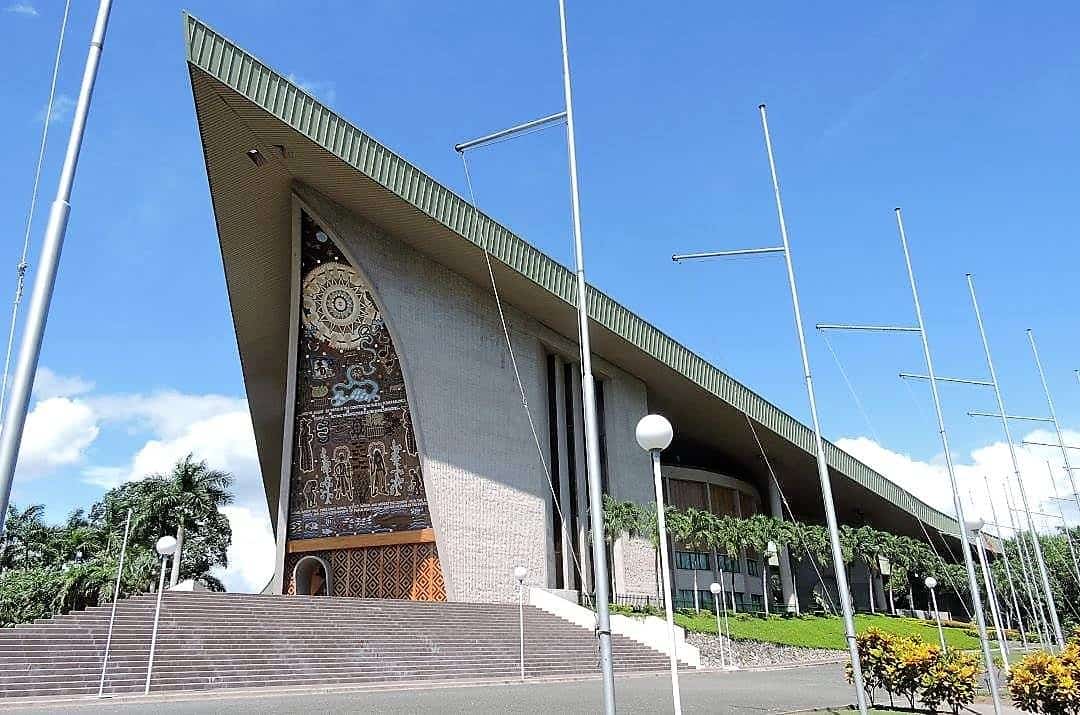Robust domestic procedures are crucial, not least to improve public understanding of government actions.
One practical innovation in ensuring the robustness of foreign relations is mandatory use of national interest analysis (NIA). In countries such as Australia and New Zealand, an NIA is built into parliamentary procedures to assess the viability of multilateral or bilateral agreements. This is a democratic check on executive decision-making – and is a process that Papua New Guinea would benefit from introducing, too.
When Australia or New Zealand enter into a treaty in trade, climate change, and so forth, the process necessitates lead agencies to produce NIA submissions to cabinet and parliament, specifying the alignment of the national interest to any proposed agreement or treaty the state seeks to ratify. The final NIA document is then circulated as a public document, accessible by citizens.
NIAs are useful because they determine the compliance of international commitments to the national interest of a particular state. Citizens can in turn hold executive governments accountable if they are informed of the costs involved. The NIA also specifies the obligations of parties in treaties or agreements. This is vitally important for purposes of domesticating of international agreements through enabling legislation and policy.
Although critics argue that NIAs make for protracted decision-making, especially when prompt responses to international relations agendas are needed, the NIA framework enhances institutional memory. More importantly, NIAs allow states to align domestic priorities with international engagements.
Since gaining independence in 1975, PNG’s approach to foreign relations continues to be largely dysfunctional. In PNG, foreign affairs has not developed into a sophisticated and professional area of statecraft. Foreign relations is dictated by external influences rather than any structured domestic framework. Moreover, the dominant personalities of the day in PNG’s executive government dictate the outcomes of PNG’s foreign engagements.
The strategic rivalry between China and the United States in the Pacific provides an opportunity for states such as PNG to develop robust domestic procedures to test the alignment of international commitments to PNG’s national interest. Because domestic agencies in PNG operate in silos, and domestic agencies are in most instances disconnected from each other, PNG fails to capitalise on benefits from its international relations.
Agreements entered into by PNG are not scrutinised for alignment to national development plans, or national security policy or defence white papers.
Agreements entered into by PNG are not scrutinised for alignment to national development plans, or national security policy or defence white papers. PNG usually finds itself dragged into controversy, because the most basic domestic consultative processes are bypassed, undermining the legitimacy of domestic representative institutions and further complicating the sovereignty of PNG.
PNG’s inclusion as the eighteenth team in the Australian National Rugby League competition is a good example. It has the hallmarks of an elite driven and externally expedient agenda. As usual, without any specific treaty-making procedure in validating its alignment to PNG’s national interest and developmental agendas, it has quietly bypassed domestic scrutiny in PNG.
A get-out clause reportedly inserted in the agreement between Australia and PNG indicates whose national interest is reflected in the NRL bid. Australia has aims to “contain” China’s influence in PNG, while in turn, PNG’s obligations under this agreement have not been made known to domestic stakeholders and agencies.
This landmark agreement will be hard to sustain in the long run. Because agencies in PNG’s bureaucracy are usually at their own disposal to undertake foreign engagements at their own behest, the commitments and obligations of PNG to the NRL agreement are not guaranteed to be uniformly observed, as a whole-of-government priority.
An NIA process is a chance to properly scrutinise political leaders’ commitments in foreign relations. The PNG Department of Foreign Affairs (DFA), the State Solicitors Office, and the Parliamentary Foreign Affairs Committee can work to make NIA requirements part of the treaty-making process for PNG. If the NIA process is built into legislation, any agreement or treaty will require the mandatory NIA submissions accompanying bilateral or multilateral agreements when made to cabinet and parliament.
Implementing an NIA framework in PNG’s foreign policy decision-making will enhance transparency, accountability, and protect the national sovereignty of PNG. It will be the surest mechanism to ensure PNG’s national interest is visible in its dealings with external partners. By institutionalising the NIA process, PNG can cultivate a bureaucratic culture that is attuned to the national interest. A likely benefit of using the NIA is that it can foster a culture of inter-agency coor….PACNEWS
